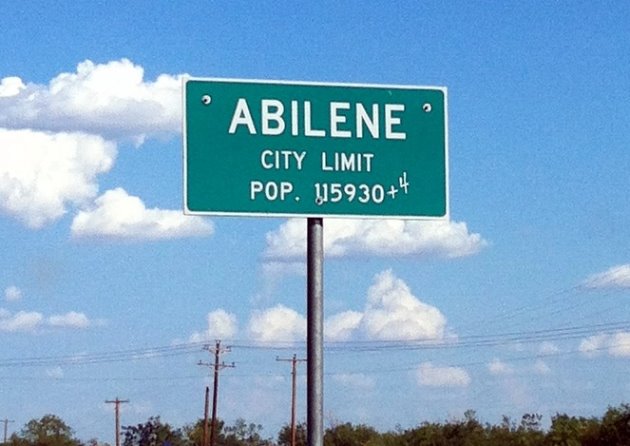On an indecently hot day in Texas, professor Jerry B. Harvey was visiting his wife’s family when his father-in-law suggested they visit a new restaurant in the town of Abilene to which his wife exclaimed “sounds like a great idea.” Harvey had reservations about this however, as a 53 mile trip in a car with no air-conditioning sounded terrible to him, but not wanting to rock the boat he also proclaimed this a good idea and asked his mother in law if she wanted to go. As she was now the only one in the group who had not yet expressed agreement with this “great idea,” she also said they should go, and so they began their journey to Abilene. However, as Harvey explains, the trip was not a success:
My predictions were fulfilled. The heat was brutal. Perspiration had cemented a fine layer of dust to our skin by the time we had arrived. The cafeteria’s food could serve as a first-rate prop in an antacid commercial.
Some four hours and 106 miles later, we returned to Coleman, hot and exhausted. We silently sat in front of the fan for a long time. Then to be sociable, I dishonestly said, “It was a great trip wasn’t it?”
No one spoke.
After a while, his mother-in-law admitted that she never really wanted to go but only did so because she thought everyone else wanted to and didn’t want to cause a fuss, to which his wife also protested that she never really wanted to go either which then lead to a volley of argument. Eventually his father in law broke the silence and exclaimed in a long Texas drawl: “Shee-it. Listen, I never wanted to go to Abilene. I just thought you might be bored. You visit so seldom I wanted to be sure you enjoyed it. I would have preferred to play another game of dominoes and eat the leftovers in the icebox.” This experience led to Harvey coining the term ‘the Abilene paradox’ to explain a curious aspect of group dynamics in which the opposite of what everyone wants is tacitly created by the group who thinks they are agreeing with what everyone else wants.
After the outburst of recrimination we all sat back in silence. Here we were, four reasonably sensible people who, of our own volition, had just taken a 106-mile trip across a godforsaken desert in a furnace-like temperature through a cloud-like dust storm to eat unpalatable food at a hole-in-the-wall cafeteria in Abilene, when none of us had really wanted to go. In fact, to be more accurate, we’d done just the opposite of what we wanted to do. The whole situation simply didn’t make sense.
The Abeline paradox lies in the fact that we have problems not with disagreement, but rather with agreement. It is characterised by groups of people in an organisation privately agreeing that one course of action makes sense but failing to properly communicate those ideas and then collectively stumbling to what they think is the right course of action or what everyone else wants. Eventually an inaccurate picture of what to do emerges and based on that, the organisation takes steps towards actions that nobody really wants and which is ultimately counterproductive to the aims of the organisation itself.

You can witness the Abilene paradox at work in many schools. Often this takes the form of ill-considered marking policies which increase teacher workload to the point of exhaustion, endless tracking and monitoring of students, behaviour policies which punish the teacher more than the student who misbehaves, and graded lesson observations where teachers abandon what they normally do to put on a one-off, all singing, all dancing lesson for the observer, because that’s what everyone thinks that’s what inspectors want.
A lot of this can be accounted for by innate cognitive biases such as groupthink but it can also be exacerbated by either poor evidence, as in the case of learning styles or a poor understanding and misappropriation of good evidence as in the case of formative assessment. With the emergence of a solid evidence base, we might just be able to defend ourselves from these kind of cognitive biases if they are communicated clearly and appropriated effectively as part of a broader discussion about the values of a school. At it’s best, good evidence can act as a bulwark against the tsunami of nonsense that has so often washed over our schools. If we fail to have these important discussions and simply go with what we think might work, then we are at risk of loading the entire staff onto the school mini-bus and heading off to Abilene.
This is an excerpt taken from the forthcoming book ‘What Does This Look Like in the Classroom? Bridging the Gap Between Research and Practice
Leave a comment